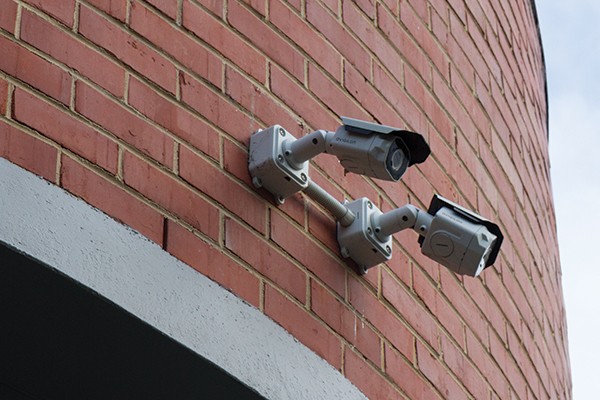Dunedin City Councillor Lee Vandervis, who has long been a vocal advocate for extra surveillance to be implemented in the North Dunedin area, was critical of the University’s plan. He thought the University will be “spending far too much money. I’d rather see a much smaller number of cameras in a few non-fixed locations.”
Vandervis explained that he had been engaged in lobbying the DCC to have CCTV cameras in North Dunedin to address a variety of problems, and specified he was hoping for just “10 percent of what the university have budgeted on cameras” and with that was also hoping for “just 10 percent of the cameras too. Sixty cameras is an awful lot. They have gone overboard with this plan.”
He said that students should be especially concerned with how the cameras will be monitored and who will be monitoring them. Despite having approximately 400 CCTV cameras throughout University building and the campus more generally, they do not currently have a policy in place in relation to their ongoing use and access to footage, although as part of this process a policy is being written.
When asked how much of a say the University will allow OUSA to have in the creation of this policy, a University spokesperson assured students that OUSA “can have as much of a say as they want”, a comment that will be some comfort to concerned students.
Vandervis was not so optimistic, however: “They can say they’ll listen to students but whether they will or not is another question”.
Former OUSA President (1979-1980) Paul Gourlie has written a letter to Dunedin Mayor Dave Cull, with “David, as our Mayor, please help assure those who are worried by this that they live in a transparent, accessible society where humanity comes before profit expediency.”
In terms of the upcoming OUSA referendum and whether a clear vote by students opposing the CCTV cameras would cause the University to seriously reconsider or even give up on the initiative altogether, they wouldn’t commit either way, stating that “It is too early to say. We don’t want to pre-empt any stage of the process. We want to wait and see what students say.”
University of Otago Team Leader for Media Engagement Jo Galer labelled Critic’s coverage of the CCTV plan as “fake news”. Galer was keen to specify that the comment was not made in relation to “other coverage, which in our view abided by journalistic standards.”







